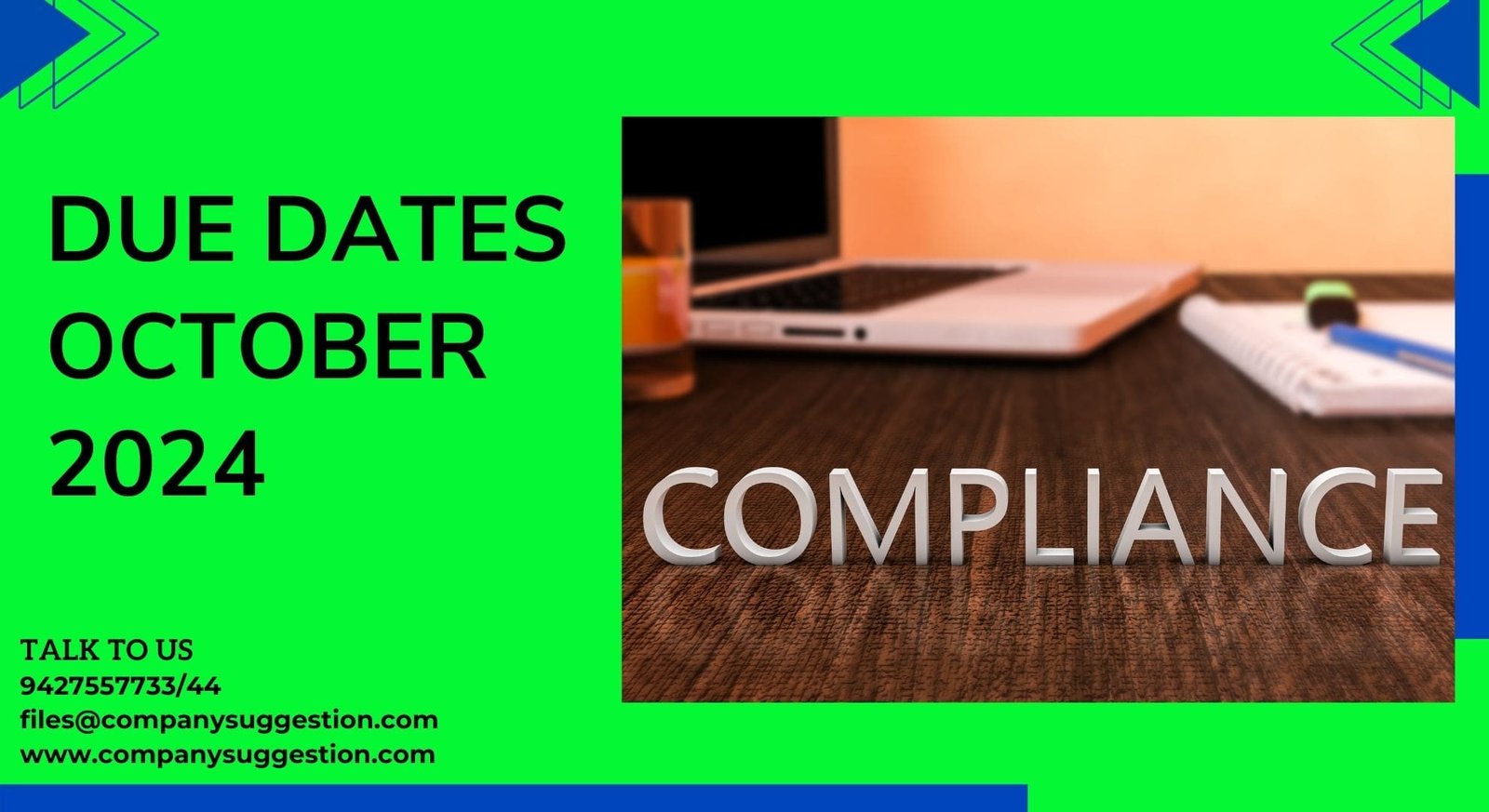Meaning of Due Diligence:-
It is the process by which confidential legal, financial and other material information is exchanged, reviewed and appraised by the parties to a business transaction, which is done prior to the transaction.
Basically it is a “background check” to make sure that the parties to the transaction have the required information they need, to proceed with the transaction.
Thus, due diligence is used to investigate and evaluate a business opportunity.
The due diligence is required to arrive at the conclusions which may result in-
- Withdrawal of business deal.
- Adjusting the valuation of the investment.
- Solving of problems uncovered.
Due diligence is a process of research and analysis that is initiated before an acquisition, investment, business partnership or bank loan, in order to determine the value of the subject of the due diligence or whether there are any major issues involved. Such findings are then summarized in a report which is known as the due diligence report.
Objectives of Due Diligence:
- Collect material information from the target company.
- Conduct a SWOT analysis to identify the strength and to uncover threats and weakness.
- For improving the bargaining position depending on SWOT analysis.
- To take an informed decision about an investment.
- Identification of areas where warranties are required.
- To ensure complete and accurate disclosure.
- Bridge the gap between the existing and expected.
- To take smooth or accurate decision.
Need for a Due Diligence report:-
Finding skeletons in the closet before the deal is better than finding them later” is a relatable aspect when it comes to due diligence. The information collected during this process is crucial for decision making and hence needs to be reported. The Due Diligence report helps one understand how the company plans to generate additional earnings (monetary as well as non-monetary). It serves as a ready reckoner for understanding the state of affairs at the time of purchase/sale, etc. The ultimate purpose is to get a clear picture of how the business will perform in the future.
Types of Due Diligence
- Business Due Diligence: It involves looking into the parties involved in the transaction, prospects of the business and the quality of investment.
- Legal Due Diligence: It mainly focuses on the legal aspects of a transaction, legal pitfalls and other law related issues. It covers both inter-corporate transactions as well as intra-corporate transactions. Various regulatory checklists form a part of this diligence along with the already existing documentation.
- Financial Due Diligence: Financial, operational and commercial assumptions are validated here. This provides a huge sigh of relief to the acquiring company. Review of accounting policies, audit practices, tax compliances and internal controls are done in detail here.
Factors to be kept in mind when conducting Due Diligence:
- Objective and purpose of the Due Diligence must be properly defined and stated.
- Schedule of the Due Diligence should be properly planned.
- For risk minimization, all available information should also be considered in a Due Diligence process.
- Due Diligence should be comprehensive and complete in all respects.
Limitations of Due Diligence:-
- The due diligence gives a superficial understanding of the target company to the acquiring company. As a result of which the businesses may not always succeed.
- The workforce, the competencies and the work culture remain a mystery to the acquiring company which are quintessential to a smooth running.
- Due diligence is a process which is judgement driven and this can pose a risk.
- The process is not often smooth due to one major hurdle which is the availability of information.
- The target company is in a constant fear that the existing customers may leave due to the impending sale and these customers would not want any contact with them.
- The confidential nature of transactions also serves as an impediment.
The due diligence report should provide the desired level of comfort about the potential investment and also the inherent risks involved. The report should be able to provide the acquiring company with information such that no onerous contracts are signed which could potentially harm the existing return on investment.
Due diligence is a process of :
- Analysing various aspects to estimate an entities commercial potential.
- Assessing the financial viability of the entity in terms of its assets and liabilities at a comprehensive level.
- Examining the operations and verifying the material facts related to the entity in reference to a proposed transaction.
Process of Due Diligence:-
- Pre-diligence
- Diligence
- Post Diligence
- Pre-diligence-
A pre-diligence is primarily the activity of management of paper, files and people-
- Signing the LOI (Letter of Intent) and the Non Disclosure agreement letter.
- Receipt of documents from the company and reviews of the same with the checklist of documents.
- Identify the issue.
- Organizing the papers required for a due diligence.
- Creating a data room.
As regards a data room, some of the important things that one should take cognizance of from the corporate view point are the following:-
- Do not delay deadlines.
- Mark each module of the checklist provided for separately.
- In cases some issues are not applicable spell it out as “Not Applicable”
- Keep a register to track people coming in or going out.
- An overview on the placement of files.
- Introduction to the point person.
- Diligence:-
After the diligence is conducted, the professionals submit a report which is called DD report. These reports can be of different kinds like a detailed report, or summery report etc.
There are certain terms used to define the outcome of these reports:-
- Deal Breakers:- In this report the findings can be very glaring and may expose various non-compliance that may arise- any criminal liability or any known liabilities.
- Deal Diluters:- The findings arising out of a diligence may contain violations which may have an impact in the form of quantifiable penalties and in turn may result in diminishing the value of the company.
- Deal Cautioners:- It covers those findings in a diligence which may not impact the financials, but there exist certain non-compliances which though rectifiable, require the investors to tread a cautions path.
- Deal Makers:- Which are very hard to come by and may not be a reality in the strict sense, are those reports wherein the diligence team have not able to come across any violations, leading them to submit what is called a “clean report”.
- Post Diligence:-
Post Diligence sometimes result in rectification of non-compliances found during the course of due diligence.
Transactions requiring Due Diligence:-
- Mergers/amalgamations and acquisitions
- Joint ventures and collaborations
- Venture capital investment or private equity
- Public offer
Areas of Focus in a Due Diligence Report
- Viability: Accessing the viability of the target company can be done through a thorough study of the company’s business and financial plans.
- Monetary Aspect: Key financial data and a ratio analysis would be necessary to understand the complete picture
- Environment: No business operates in isolation. Hence, it is necessary to look into the macro environment and its impact on the target company.
- Personnel: A very important factor to consider is the capability and credibility of the people who are operating the company.
- Existing & Potential Liabilities: Any kind of pending litigations and regulatory issues should be taken into account.
- Technology: A very important factor to consider is the assessment of the technology available with the company. Such an assessment is necessary as it helps decide future actions.
- Effect of synergy: Creation of synergy between the target company and the existing company serves as a tool for decision making.
Concept of date room in Due diligence:-
What is data room?:-
A data room provides all important business documents or information which may be on financial, regulatory, IPR, Marketing or any other material aspect pertaining to a business transaction.
As data room discloses confidential data which is not available for public and may relate to a business process, trade secret, technology information etc. the access to data room is made available after signing of Non- disclosure agreement.
Why data room:-
- Removes ambiguity in the minds of buyer about the profitability, growth prospectus and sustainability of business that proposed to be bought.
- Provides material information that helps in doing a SWOT analysis.
- It enables the buyer to do a better bargain through the analysis of the data.
- May expose the weakness of the seller which is not directly provided to the buyer.
- Provided data that helps in better valuation of business for both buyer and seller.













